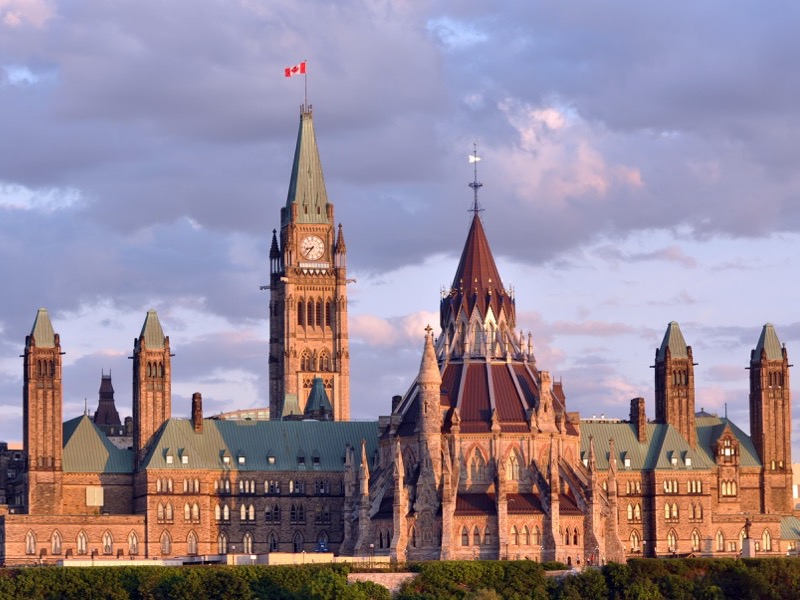
Federal Finance Minister Chrystia Freeland’s debut economic statement, with its gargantuan deficit, was a political winner before it was even tabled in the House of Commons.
Freeland received some flak inside the Ottawa bubble regarding the size of the deficit, the lack of a fiscal anchor and a federal debt that’s half the size of Canada’s economy. But in the real world, the initial reaction to the long-delayed economic statement seemed to be a resounding “meh.”
A day after the statement’s publication, it was no longer the lead story on the news channels, having been bumped aside by Covid-19 vaccines.
No government wants to be the centre of a deficit controversy, so voter indifference is a success as far as political strategists are concerned. The quicker an economic statement or budget becomes history, the better.
The Trudeau government probably followed the advice of Sun Tzu in The Art of War: the wise general does not fight the battle until he knows it is already won.
Covid-19 may be a good part of the reason, as the Liberals claim, we had to wait until Nov. 30 for the annual fall economic statement. But before releasing the statement, the Liberals were probably making sure voters would accept a deficit that will be at least $381 billion.
Since the speech from the throne, some polls indicate more than half of Canadians think the deficit is too large. However, when asked if Ottawa should continue providing aid to get Canadians through the pandemic, virtually the same number of Canadians said yes.
A Bloomberg/Nanos poll in October showed Canadians were almost 60% in favour of Ottawa doing whatever it takes to get them through the pandemic.
Overall, the government is back to where it was in the polls when the WE scandal broke in the summer and ahead of where voter support was after the October 2019 election. In fact, the Liberals are near majority territory.
In other words, most Canadians think a balanced budget is a “nice to have,” but propping up the economy with massive aid and stimulus is essential throughout the pandemic, however long it lasts. Large deficits have been politically normalized.
The spending could easily continue; in mid-October, Bank of Canada Governor Tiff Macklem left the door open to negative interest rates (as if Justin Trudeau needed encouragement to spend).
On Nov. 19, when Moody’s Investor Services reaffirmed Canada’s triple-A credit rating — indicating we have the economic strength and policy expertise to get through the pandemic with high spending — the Liberals received the final signal they needed that their economic statement would be a victory.
Moody’s cautioned that the level of spending has to drop once the pandemic is over, but the government has kicked that and other fiscal policy concerns well down the road.
So, what do we have in this 237-page economic statement that is part mini-budget, part manifesto, part campaign platform and — certainly — part test marketing for the 2021 federal budget? Something for everybody — or, at least, for every strategic demographic.
The opposition parties didn’t know what to make of the statement. The NDP called it an austerity document. (Hilarious, aren’t they?) Conservative leader Erin O’Toole, meanwhile, used most of his speaking time to deal with the logistics of how Canadians will receive a Covid vaccine.
Mission accomplished for the Liberals: O’Toole has thrown in the towel on fiscal anchors and deficits, and now is positioning himself for the government’s next crisis.
Should the opposition parties be stupid enough to force an election over the economic statement, they probably would be doing the Liberals a favour. Given the Liberals’ rising political capital, going to voters now may make sense while the opposition gets blamed for forcing an election during the pandemic.
As for unfinished fiscal business, it’s important to remember that when Liberals hold majority control in Parliament, they talk left and govern right.
With just about every government in the world borrowing to get through the pandemic, interest rates won’t stay low forever. The Liberals know that — just as they know a fiscal anchor will eventually be needed as a hedge.
Regulators must stand firm on binding authority for OBSI
Editorial: The idea that OBSI is biased against the industry doesn’t fit with the facts